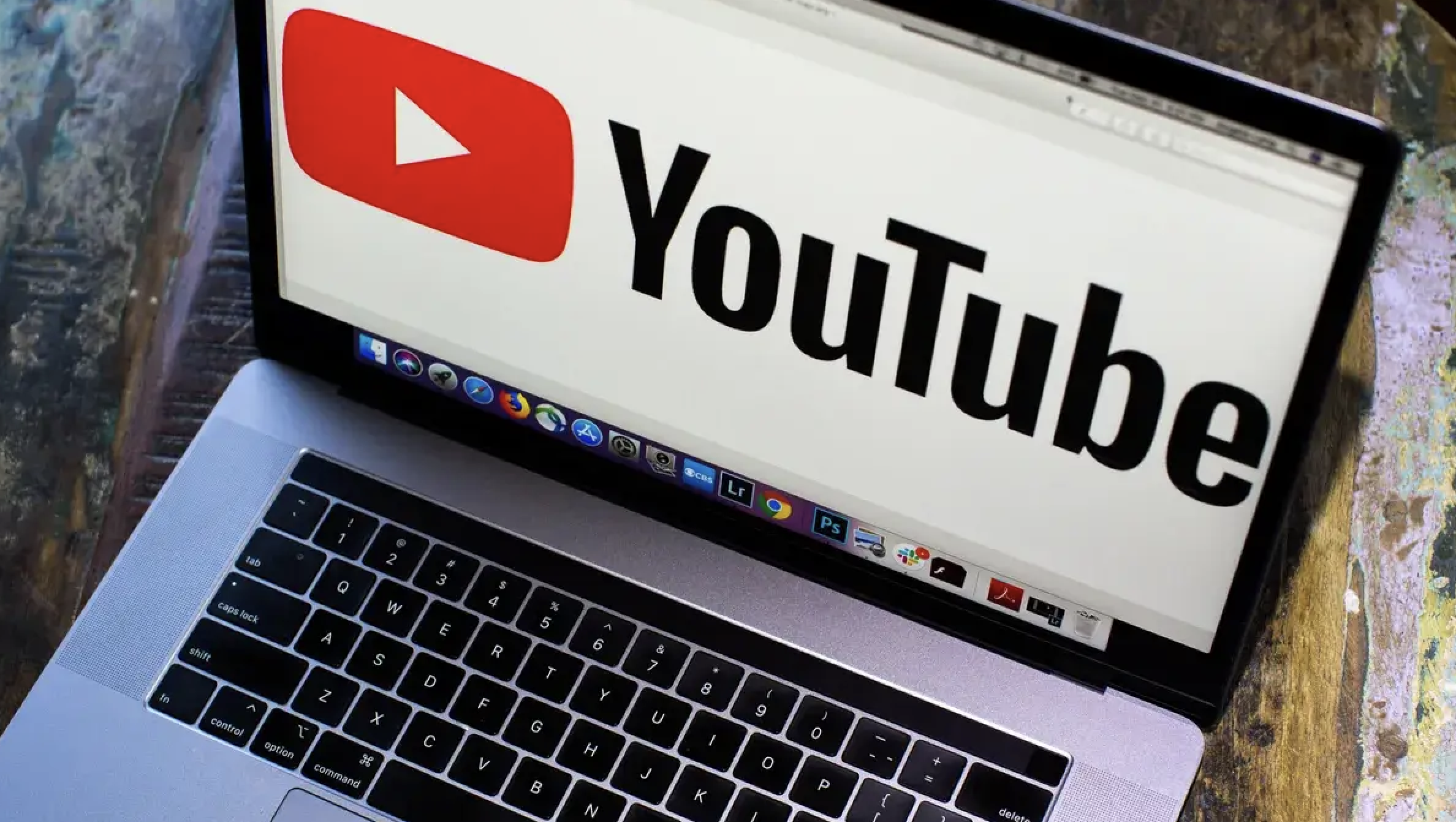YouTube enters music licensing talks for AI tools after Udio & Suno face lawsuits
YouTube has entered talks with major labels in the hopes of acquiring legal dominion over the user of sound recordings in its AI experiments and projects.
Last week, we saw Generative AI music startup Suno & Udio face legal action from the Recording Industry Association of America (RIAA) for copyright infringement after artists and labels decried their use of unlicensed music to train their models.
Now, YouTube is looking to avoid a similar fate by offering “large sums of cash” to major record labels to license music to ensure the Google-owned company can continue its AI experiments ethically. The Financial Times has reported that YouTube is “in talks with record labels to license their songs for artificial intelligence tools that clone popular artists’ music”, potentially launching later this year.
YouTube, sound recordings and ethical practice
According to The Financial Times, YouTube is negotiating with industry giants Sony, Warner, and Universal Music Group to secure licensing agreements for its AI projects. The report suggests these deals would likely be one-time payments rather than royalties, mirroring agreements between record labels and social media platforms like Meta and TikTok.
YouTube’s AI tools would enable users to generate music in the style of popular artists, not unlike YouTube’s previous experiment, Dream Track, which launched last November. Dream Track allowed a select group of creators to use AI to generate 30-second audio clips mimicking artists like Charli XCX, Demi Lovato, and John Legend. Although YouTube states it does not plan to expand Dream Track, the internet giant is keen to explore new AI-driven music projects.
Discussing with The Financial Times, a YouTube spokesperson confirmed the ongoing discussions, emphasizing the platform’s commitment to securing proper licenses before advancing its AI music initiatives. “We’re not looking to expand Dream Track but are in conversations with labels about other experiments,”.
A key aspect of these negotiations is the focus on artist-by-artist licensing, meaning labels would need to convince individual musicians to participate in the AI projects. This could prove challenging, given the concerns raised regarding the ethical implications of AI-generated music by many artists and industry bodies.
In fact, in January, over 200 artists signed an open letter condemning what they described as “irresponsible AI music practices” and calling for stricter regulations to protect human creativity.
YouTube’s approach to these licensing deals could reflect its intent to respect artists’ rights, or it could merely be working to avoid the same legal implications Udio & Suno are now facing. By offering lump sum payments, YouTube hopes to incentivize labels and artists to participate without the complexities of ongoing royalty calculations.
Furthermore, these arrangements could facilitate an Opt-In model whereby artists can choose to have their music used which directly addresses many of the sensitivities surrounding the use of their voices, styles and general creative works in AI-generated content.
As YouTube continues to develop its AI music tools, the success of these licensing negotiations will be crucial. Securing the cooperation of major labels and artists will not only legitimize YouTube’s AI initiatives but also set a precedent for how the music industry can adapt to the growing influence of artificial intelligence. With the planned launch of new AI tools later this year, the outcome of these talks will be closely watched by both the tech and music industries.

